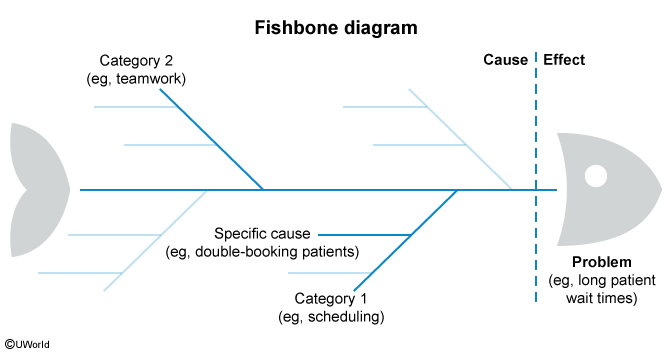Quality Improvement Overview
Article Sections
Introduction
Quality improvement (QI) is the systematic, continuous effort that leads to measurable improvements in the delivery of services and outcomes. The foundation of QI in health care involves the following principles:
- Systems thinking: Understanding how different parts of a health care system interact and influence one another and recognizing that improving outcomes requires addressing processes, relationships, and environments rather than isolated actions.
- Improvement science: The systematic study of methods to promote effective changes in health care delivery, with a focus on testing, measuring, and refining interventions to achieve specific goals and consistent implementation of processes that improve patient outcomes.
A commitment to QI is a cornerstone of high-reliability organizations (HROs), which are industries (eg, aviation, nuclear technology) that have successfully minimized the incidence of catastrophic harm despite highly complex and risky operating conditions (
Continue Learning with UWorld
Get the full Quality Improvement Overview article plus rich visuals, real-world cases, and in-depth insights from medical experts, all available through the UWorld Medical Library.
Unlock Full AccessFigures

Figure 1
Tables
Table 1
Table 2
Table 3
Table 4
Table 5